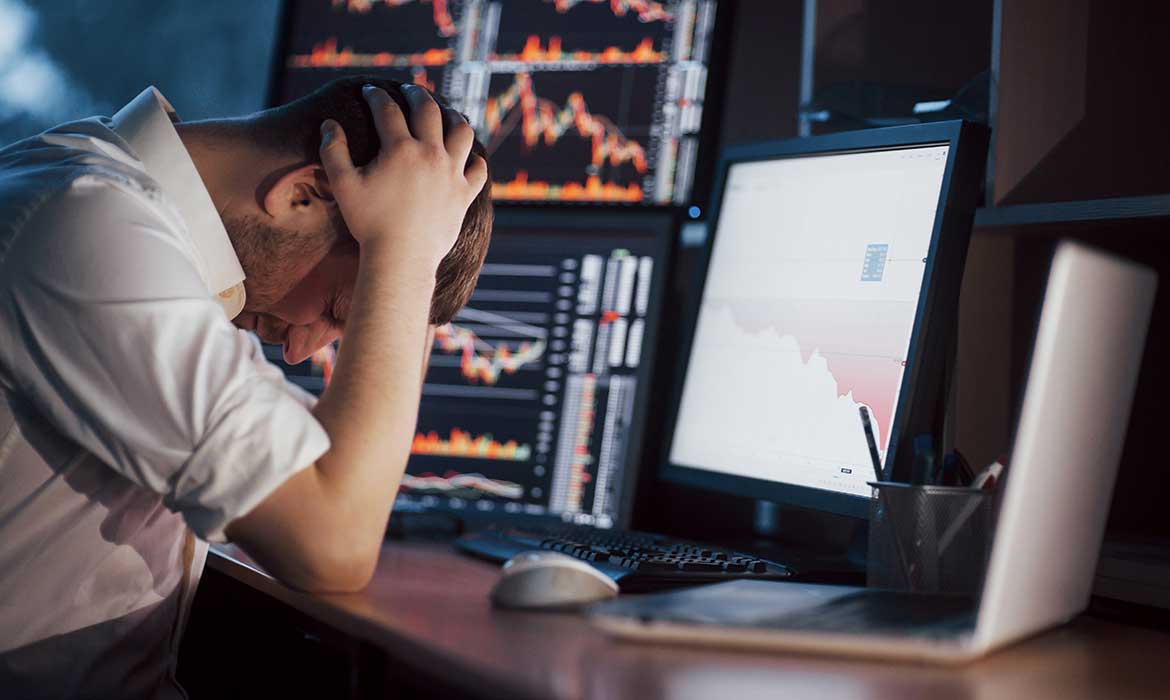Forex Trading Scams
Scams in Forex Trading and Legal Forex
What distinguishes forex from a forex trading scam?
How forex frauds deceive their victims
The real-time financial market known as forex, or FX, allows investors to trade a wide range of foreign currencies. According to the total quantity of money traded, this market is the largest and one with the greatest level of liquidity on earth. Literally trillions of pounds are at stake every single day. This is why this specific fraud may feel so authentic.
When a specific seller agrees to pay a buyer the financial difference between a currency’s current cost and its value at a future date that has been mutually agreed upon, a purchase has taken place in a Forex transaction. Meaning that if the value increases, the seller will profit, and if the value decreases, the buyer will profit.
There is no organized foreign exchange market. Since there are many important financial centers, including New York, Hong Kong, London, Sydney, Frankfurt, Nicosia, Paris, Tokyo, Paris, and Zurich, these cities can serve as trade marketplaces. Some nations, like China, Romania, the United Arab Emirates, and others, also have developing forex markets.
The US dollar is the most traded currency in FX markets, followed by the Euro, British pound, Japanese yen, and Swiss franc. How these marketplaces change and impact commerce is influenced by global economics.
Scam brokers design websites with the appearance and feel of a legitimate Forex trading platform in an effort to emulate these marketplaces.
Recognizing a con
You should avoid a firm if it isn’t regulated by the FCA, ASIC, SEC, or CySEC since they are likely a hoax.
